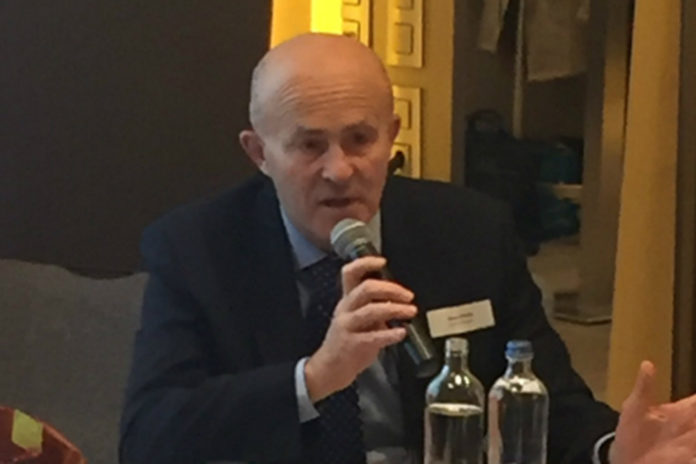
The European Sea Ports Organisation (ESPO) has welcomed the Valletta Declaration of the European Union, which focusses on competetiveness, digitalization and decarbonisation. However, stronger support for the ports is claimed.
ESPO issued a statement to contribute to the Commissi[ds_preview]on’s Maritime Year and to follow up on the Valletta Declaration adopted on 28 March. »We welcome the Valletta Declaration as a first milestone of the Maritime Year,« says ESPO’s Secretary General, Isabelle Ryckbost. »We hope that the Maritime Year will reinforce the support for modern, sustainable and well-connected European ports, will pave the way for maritime trade facilitation and simplification and, last but not least, will embrace the sustainable agenda of European ports«.
ESPO’s Chairman Eamonn O’Reilly added, the organization looks forward to working further with the Commission and with the Maltese and Estonian Presidencies to make this Maritime Year a success in strengthening the European maritime and ports sectors.
The statement reiterates the importance of well-connected and modern ports: »Ports in Europe are facing several challenges that have a major impact on the requirements for infrastructure investments’ needs. For European ports it is important that Europe continues to increase its investments in the port sector. CEF grants are and must remain the critical component of the funding mix. ESPO calls on European and national policymakers to consider ports as strategic assets. Investments in essential and/or critical European port infrastructure of general interest should be assessed from that perspective«, it was said.
In view of facilitating maritime trade, European ports plead for administrative simplification and removing customs obstacles to EU goods transported between European ports. »The focus should lay on simplification (reduce formalities) and harmonisation (asking the same data in the same way)«, ESPO says. According to the statement, the most innovative digitalisation technologies should be fully taken into account when developing a single window environment. »Moreover, interfaces and platforms can only function if they have a governance dimension: they must receive the competences and responsibilities needed to pass the right information to the different authorities. If not, the single window will not result in trade facilitation and simplification, but will just shift the burden from the ship side to the competent authorities.«
Some investments not bankable
The decarbonisation of the shipping industry as well as the overall greening of the shipping sector, imply additional investments and facilities in ports. »Some of these investments will not be bankable in the short run. Additional grants and other financial instruments are essential for decarbonising the ports, for making ports more resilient to the consequences of climate change and for helping ports to contribute to decarbonising the economy«, ESPO claims.
As regards air quality, ESPO very much welcomes the decision of IMO to introduce a global 0.5% sulphur cap in 2020. Finally, as concerns the forthcoming review of the waste reception facilities directive, European ports are of the opinion that the current directive has been successful in substantially decreasing ship waste discharged at sea. ESPO supports the alignment of the directive with MARPOL. The review should however safeguard the flexibility of the different fee systems while addressing the problem of delivery of an »unreasonable« amount of waste in a given port.
















